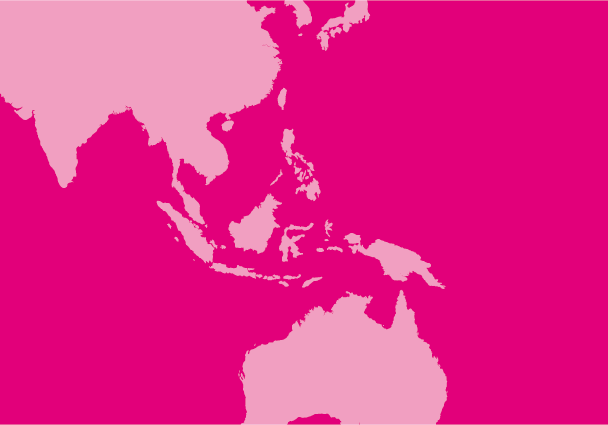The trials carried out by the Indonesian government following the massacre in Dili, East Timor, have turned “Justice on its head”, says a report issued today by the ICJ.
Indonesian troops involved in homicide and serious assault got maximum sentences of 18 months while unarmed Timorese involved in a peaceful demonstration received sentences ranging from 5 years to life in prison, the ICJ points out in “Tragedy in East Timor: Report on the Trials in Dili and Jakarta”.
At least 50 people died when troops fired on demonstrators at Santa Cruz cemetery in Dili on 12 November 1991. The troops claimed they acted in self-defence. A week later, students protesting the attack were arrested in Jakarta.
Eight Timor citizens, including two charged with subversion, were tried in Dili for their role in the demonstration. Five were tried in the Jakarta protest with two accused of subversion and three with spreading hatred towards the government. Courts martial were held for 10 soldiers in Denpasar, Bali. Most were charged with disobeying orders, which is “patently absurd”, the report says.
Observers sent by the ICJ to the trials in Dili and Jakarta noted that the panels maintained an appearance of impartiality and in some cases the judges handed down lighter sentences than the prosecution had requested.
“The patina of judicial due process cannot, however, be used to obscure the grim reality of the consequences of raising a voice in dissent in Indonesia with respect to the sensitive matter of East Timor,” the report says. “It must be emphasized that the very existence of the subversion and so-called hate-sowing laws … represents a serious violation of basic human rights.”
As a result, the report recommends that Indonesia set up a new commission to conduct a full inquiry into the Dili and Jakarta demonstrations, that it investigate and, if appropriate, bring charges of homicide against armed forces personnel, that it repeal the Anti-Subversion Law and that it amend the Criminal Procedure Code.
Much of the report was prepared by observer Rodney Lewis, a lawyer from Sydney, Australia.
The International Commission of Jurists (ICJ), headquartered in Geneva, is a non-governmental organization in consultative status with the United Nations Economic and Social Council, UNESCO, the Council of Europe and the OAU. Founded in 1952, it is composed of 31 distinguished jurists from around the globe and has 75 national sections and affiliated organizations.





